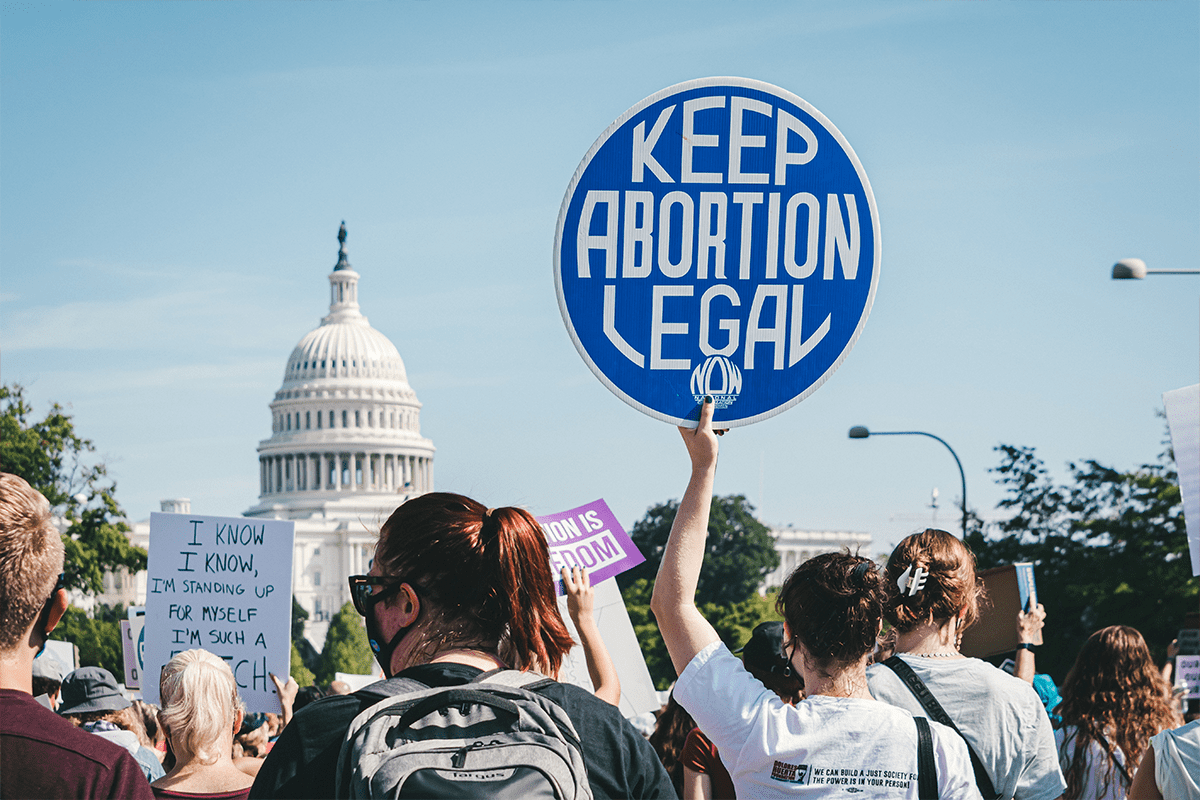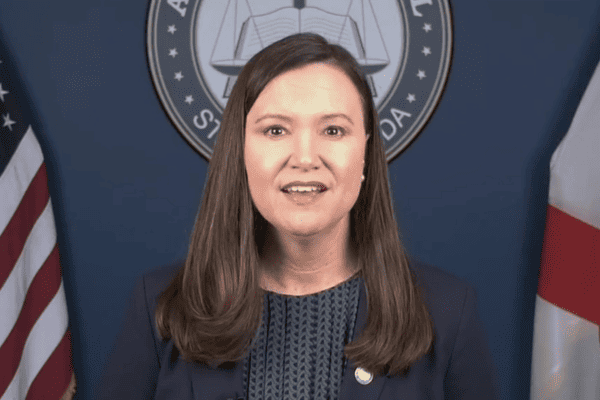Six-week abortion ban clears first House committee

TALLAHASSEE, Fla. (FLV) – A six-week abortion ban bill passed its first House committee Thursday morning following a tense meeting.
The bill, introduced in committee by Rep. Jenna Persons-Mulicka, R-Fort Myers, passed 13-5 and moves to the next committee.
“We’ve come so far with science and medicine. We know how a child grows and progresses in its mothers womb,” Persons-Mulicka said in closing.
“We know by six weeks a heartbeat is detectable. And what greater evidence of life is there than a heartbeat?” she said.
Current state law, which is being litigated in court, bans abortions after 15 weeks.
The bill prohibits abortions after six weeks unless the pregnancy is the result of rape or incest and the fetus is not more than 15 weeks.
“Last year, we passed a limitation on the termination of human pregnancies at 15 weeks. After that bill was passed by this legislature, the Supreme Court of the United States overturned Roe vs. Wade, returning the authority to decide this important issue back to the people of the state through their elected representatives,” Persons-Mulicka explained.
“I felt it was ready to bring forward additional restrictions that – in good policies – promote life in the state of Florida,” Persons-Mulicka said.
The bill requires the woman who scheduled the abortion to provide a restraining order, police report, medical record, or other court document proving she is a victim of rape or incest.
If the woman is a minor, the bill said the physician must report the rape or incest incident to the central abuse hotline.
Other exceptions to the abortion ban includes if the mother’s life at risk or if the pregnancy has not progressed to the third trimester and physicians believe the fetus has a fatal fetal abnormality.
Medication abortion is a two-step, two-drug, process that does not require surgical intervention. Current law does not regulate how physicians dispense abortion-inducing drugs, or the use of telehealth to provide abortions.
The bill requires abortion-inducing drugs to be dispensed in person by a physician, and expressly prohibits the use of telehealth for abortions.
Currently, Florida law does not prohibit the use of state funds for reimbursement of travel expenses for abortion.
The bill prohibits the use of state funds to pay for the travel out-of-state to obtain an abortion except for cases of medical emergencies and when federal law requires states to pay for such travel.
The bill amends the “Florida Pregnancy Support Services Program,” which provides pregnancy support services and wellness services to eligible clients.
The legislation will expand the types of services that may be provided through the program to include parenting services, nonmedical material assistance, counseling, mentoring, education materials, and classes on pregnancy, parenting, adoption, life skills and employment readiness.
It also expands eligibility for services to include adoptive parents of children under age three and their families.
Debate and public testimony
During public testimony, many members of the public expressed opposition to the bill.
“We all know that abortion is a medical procedure that saves lives and it shouldn’t be controlled by the government, but by a person and their doctor. If you vote yes, on this bill, you’re actively killing people and ruining lives,” one speaker said.
“There are so many things that can be done for Americans and Floridians that would be pro-life. You guys don’t care about kids once they’re born. You don’t care about parents – this is the exact opposite of pro-life. Supporters of this bill are forced birthers, and that is it,” the person said.
The founder and executive director of Florida Voice for the Unborn, Andrew Shirvell, spoke in support of the bill but said changes need to be made so that all unborn children are “legally protected from the moment of conception, without exception.”
“Here and now in ‘post Roe v. Wade Florida,’ to do anything less than full protection is cowardly and unacceptable in this new Dobbs era, please step up to the plate and do the right thing,” Shirvell said.
Democrats filed multiple amendments to the bill, which did not pass.
Rep. Kelly Skidmore, D-Boca Raton, opposed the bill in debate and said physicians have the right to practice medicine that they have been trained in.
“Abortion is healthcare. Abortion is healthcare. Abortion is healthcare. We are talking about healthcare. But it has been turned into something like a moral decision to be made instead of healthcare,” Skidmore said.
Rep. Joel Rudman, R-Navarre, who is also a family physician, shared his experience of delivering babies, and what it was like in his office when a mother decided to keep her child, instead of having an abortion.
“I can tell you from experience that when a person considers the gravity of what they’re contemplating, we have a pretty good track record, I’d probably say near 100% track record of our mothers choosing life,” Rudman said.
“It’s quite an emotional thing, for those mothers, for that mother, to bring her child back to my clinic for the two-month well baby check […] Each time the visit ends with the mother crying, because she remembers just how close she came to ending the life of the most important thing in her life,” Rudman emotionally said.
“So representative on behalf of my patient and all the women like her, I sincerely want to thank you for this bill,” Rudman said.
The analysis said the legislation has no fiscal impact on state or local government. The bill will take effect upon becoming law.
The bill will now head to the House Health & Human Services Committee.



